
The acquisition gives PerkinElmer access to Nexcelom Bioscience’s complementary cell counting and analysis capabilities and enhances its QA/QC capabilities.

The acquisition gives PerkinElmer access to Nexcelom Bioscience’s complementary cell counting and analysis capabilities and enhances its QA/QC capabilities.

PPD has opened its new multipurpose clinical research laboratory in Suzhou, China, which offers bioanalytical, biomarker, and vaccine sciences services for China and the global market.
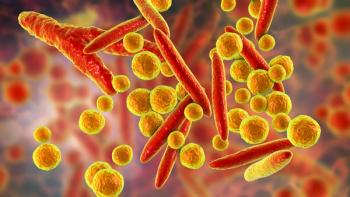
The sensitivity of droplet digital PCR helps manufacturers detect Mycoplasma contamination in AAV-based gene therapy products.

A shortage of pipette tips has been attributed to several factors, including the COVID-19 pandemic.

This article introduces a practical approach to determining the best estimate for probability of passing uniformity of dosage units (content uniformity) using probability vs. lot coverage charts and tables constructed using simulated probability and lot coverage (LC1) data.

Mass spectrometry and automation are growing in importance for protein characterization, but further improvements are still needed.

A well-chosen replication strategy can effectively reduce the uncertainty for an analytical method, enabling appropriate decisions regarding pharmaceutical quality.

Despite its importance in drug development, dissolution testing still has some limitations, but advances in automation and real-time monitoring are producing promising results.

Raman spectroscopy delivers real time, non-destructive process insights for critical process parameters to monitor pharmaceutical manufacturing.

The move to continuous manufacturing and Pharma 4.0 is resulting in a more data-driven approach to bio/pharma development. Enabling this approach are innovative data systems that can help users improve product quality while facilitating audit-trail review. First used with chromatography, they are now being applied to mass spectrometry.


Validation for SaaS LIMS, advance analytics, and cybersecurity features announced during Pittcon virtual press conference.
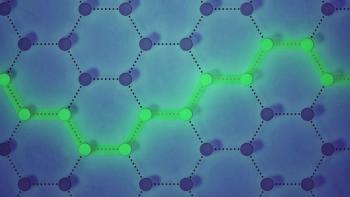
Integrated, paperless data systems can improve efficiency and quality.
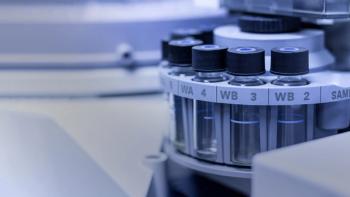
The need for real-time monitoring and control has spurred the development of new analytical tools.

Pharmaceutical laboratories must work to maintain lab data integrity practices as the pandemic surges on and cybersecurity risks increase.

The companies intend to design and implement algorithms for the early stages of research for drug discovery and development of drug candidates to treat Alzheimer’s disease.

The acquisition strategically expands SPT Labtech’s offering in sample management for life sciences.

The new ultra-sensitive second-generation micro-chip technology is a key enabler in advanced single-cell proteomics workflow.

PathoQuest will apply its experience in viral safety testing and quality control of biologics for mitigating the risk of adventitious agent contamination in biopharmaceutical manufacturing.
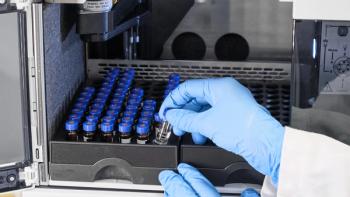
This article provides an overview of the key risks that can be associated with the use of secondary reference standards (RS) and illustrates scientific challenges associated with transitioning from pharmacopeial RS to secondary RS.

Sharing process insights across the stages of drug development improves tech transfer.

Common approaches to analyze elemental impurities for compliance with regulatory requirements are robust but still have some limitations.
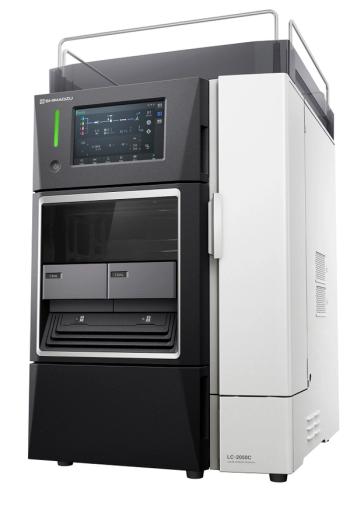
Advanced i-Series liquid chromatographs from Shimadzu provide users with the ability to analyze a large number of samples and re-process data while working remotely.
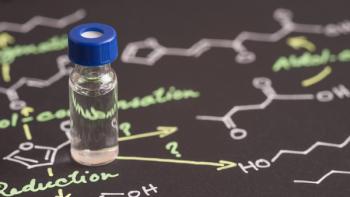
Having a clear and detailed understanding of exactly what a biomolecule entails is essential for therapeutics development.

Nexelis’ recent acquisition of GSK’s Marburg, Germany-based vaccines clinical bioanalytical laboratory expands its bioanalytical capabilities.